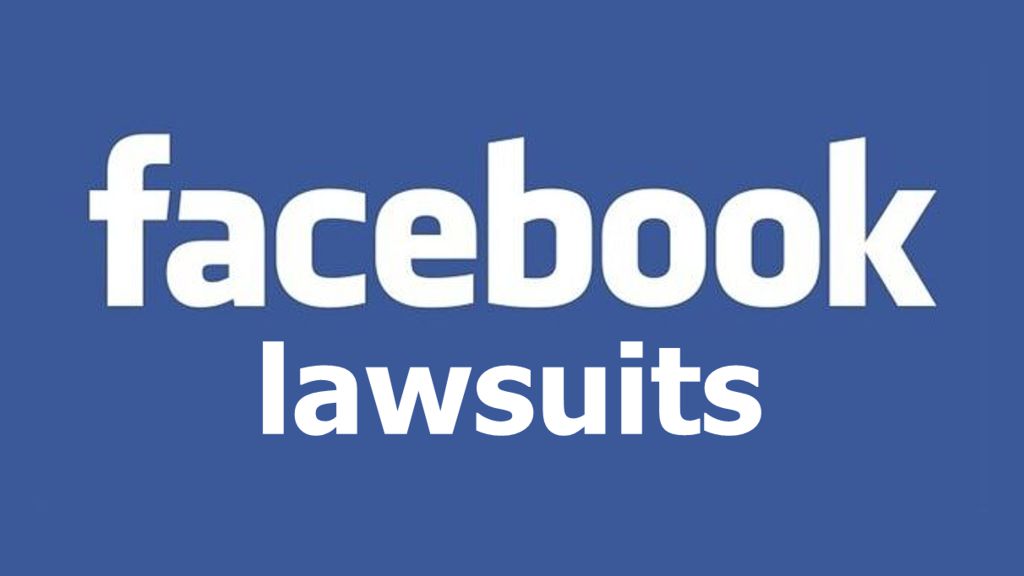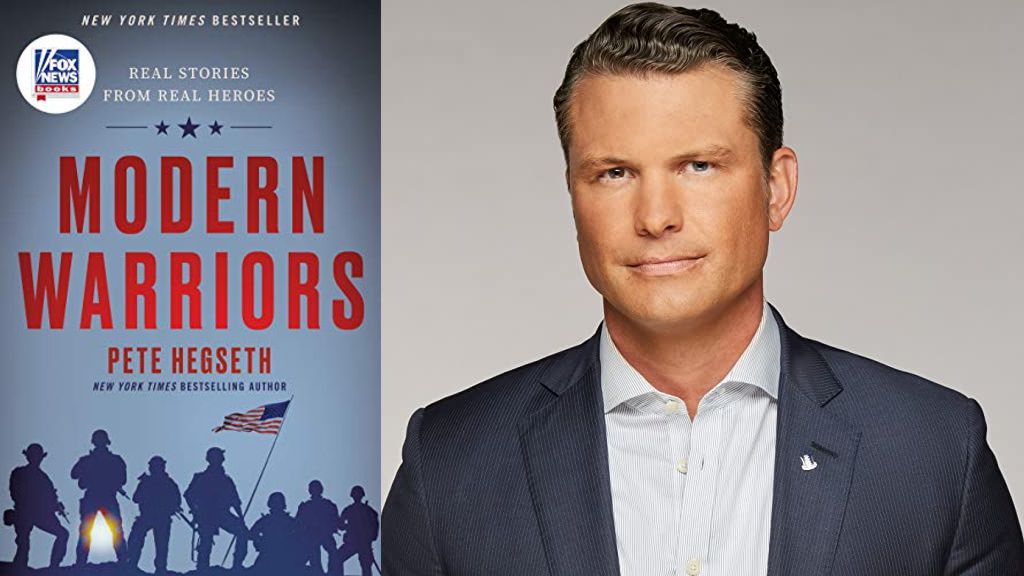PARAMUS, N.J., Nov. 24, 2020 /PRNewswire/ — Callagy Law, P.C., one of the country’s leading law firms, earlier this month filed a petition with the U.S. Supreme Court (No. 20-632) that challenges the 1996 Communications Decency Act (“CDA”), Title 47, United States Code, Section 230 questioning the limits of big technology’s “blanket immunity” rights and arguing that social media companies should not have unfettered ability to shape, censor and distort information on their platforms.
Together with Jeffrey Greyber, Esq., Michael Smikun, Esq., and Constance Yu, Esq. (of Putterman / Yu, LLP.), Callagy Law is representing Jason Fyk, in Fyk v. Facebook. A former information provider, Fyk sued Facebook after the social media giant removed his pages for purported decency reasons. At the time, Fyk, who had amassed roughly 25 million organic followers, had opted to pay relatively little into a paid promotional program. But after Fyk was forced to fire sell his content to a competitor who was paying Facebook tens of millions in advertising, Facebook deemed the formerly objectionable material no longer objectionable.
“Social media companies can have limited, narrow immunity under the CDA because they are not, typically, the primary publishers of content,” said Sean Callagy, founder and president of Callagy Law. “The impetus of the CDA, when enacted 24 years ago, was to protect children from internet pornography. In this case, Facebook used its believed CDA ‘immunity’ to exercise, and monetize, editorial control. That is well out of the spirit of this law, and there is bipartisan support to check the limits of that immunity.”
Callagy said his case is exactly the type referenced by Justice Clarence Thomas when he wrote, on October 13, 2020, in a statement respecting denial of certiorari in another case, “it behooves [the Supreme Court]” to determine (for the first time) the breadth of Big Tech’s immunity (or not) under the 1996 Communications Decency Act. In his Enigma statement, Justice Thomas further wrote: “[t]he courts have long emphasized non-textual arguments when interpreting [THE CDA], leaving questionable precedent in their wake.”
“Our truth and reality are being shaped, censored and distorted in many ways on social media, including through the misuse and abuse of the CDA, Callagy said. “Why does this matter? As a society, we need to understand that power resides not only in the truth and accuracy of what we see, but also what we do not see and its commensurate reshaping of all of our beliefs.”
There has been wide bipartisan support for review of the CDA. On May 28, 2020, President Trump issued an Executive Order on Preventing Online Censorship 13925. In addition, the Department of Justice issued a letter to Congress asking for updates to the CDA, asking specifically for a “bad Samaritan carve-out,” implying that the CDA is meant to incentivize good Samaritan behavior, but is not broad permission to censor or monetize censorship.
President-elect Joe Biden has also spoken positively on the subject. In an interview with The New York Times, he said Section 230 of the CDA “should be revoked because [Facebook] is not merely an internet company,” he said. “It is propagating falsehoods they know to be false.”
“Jason Fyk’s case is the case everybody, including the SCOTUS, has been waiting for,” attorney Jeffrey Greyber says. “This is the case that is going to change policing on the Internet and restore a more equitable economic, political, and ideological landscape in this country, and, really, throughout the entire world.”
About Callagy Law / Sean Callagy
Callagy Law, with offices in five states, is owned by Sean Callagy, Esq., who is legally blind, and one of two lawyers with two top 100 national jury verdicts between 2014 and 2016, and out of 1.2 million attorneys in America, he is the only one who is blind. For more information, visit callagylaw.com.
In addition to founding Callagy Law, Sean Callagy is the Founder and Chief Visionary Officer of UNBLINDED, a three-pillar influence mastery, process mastery and self-mastery formula to bring people from “HELLO” to “YES,” to achieve more money, in less time, with more magic. For more information and a complimentary strategy session, visit Unblindedmastery.com.
Contact:
Andrew Flach
JConnelly
973 769 3914
aflach@jconnelly.com
SOURCE: Callagy Law, PC






